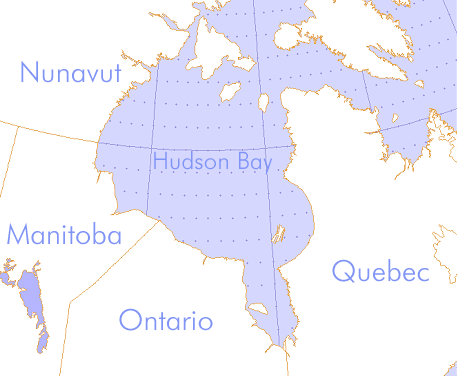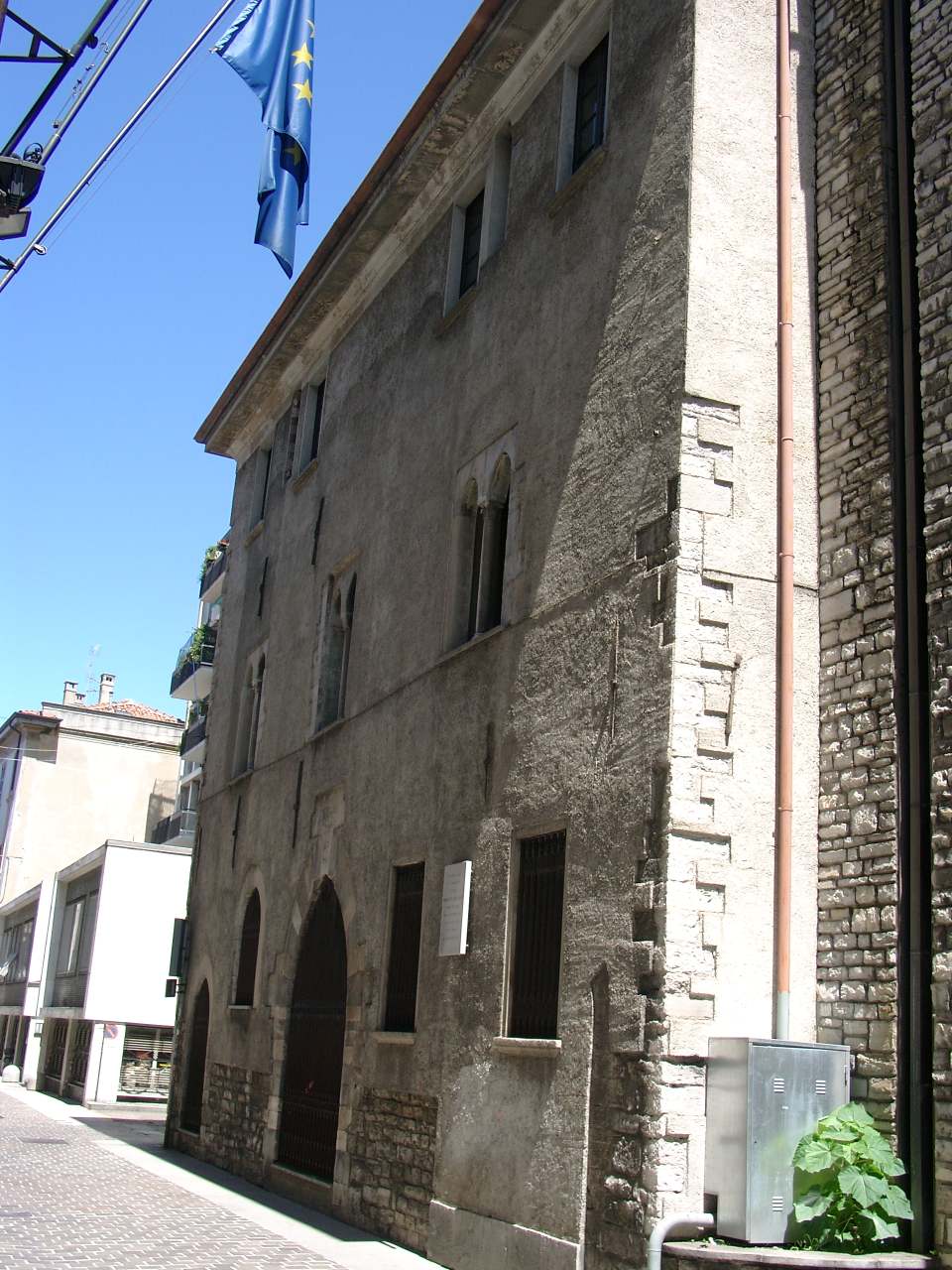|
François-Étienne Caulet
François-Étienne Caulet (born at Toulouse, 1610; died at Pamiers, 1680) was a French bishop and Jansenist. Life After completing his studies at the Collège of La Flèche, Caulet worked for some time under Charles de Condren, Superior of the French Oratory. He then joined Jean-Jacques Olier in founding the Vaugirard Seminary and the Company of Saint-Sulpice. When Olier accepted the parish of Saint-Sulpice (1642), Caulet became practically the head of the seminary. In 1644 Louis XIV, at the suggestion of Vincent de Paul, made him Bishop of Pamiers. Caulet had not sought episcopal honours, but once a bishop he showed great zeal in the reformation of the clergy, the annual visitation of the diocese, the holding of synods, and the founding of schools, one of which was devoted especially to the training of teachers. The chapters of Foix and Pamiers, which he tried to reform, revolted openly, and had to be coerced into submission by Briefs of Pope Alexander VII and ordinances of Lou ... [...More Info...] [...Related Items...] OR: [Wikipedia] [Google] [Baidu] |
Commendatory Abbot
A commendatory abbot () is an ecclesiastic, or sometimes a layman, who holds an abbey ''in commendam'', drawing its revenues but not exercising any authority over its inner monastic discipline. If a commendatory abbot is an ecclesiastic, however, he may have limited jurisdiction. Originally only vacant abbeys, or those that were temporarily without an actual superior, were given ''in commendam'', in the latter case only until an actual superior was elected or appointed. An abbey is held ''in commendam'', i.e. provisorily, in distinction to one held ''in titulum'', which is a permanent benefice.Ott, Michael. "In Commendam." The Catholic Encyclopedia Vol. 7. New York: Robert Appleton Company, 1910. 26 Jul. 2015 History Originally only vacant abbeys, or such as were temporarily witho ...[...More Info...] [...Related Items...] OR: [Wikipedia] [Google] [Baidu] |
Jesuits
The Society of Jesus (; abbreviation: S.J. or SJ), also known as the Jesuit Order or the Jesuits ( ; ), is a religious order (Catholic), religious order of clerics regular of pontifical right for men in the Catholic Church headquartered in Rome. It was founded in 1540 by Ignatius of Loyola and six companions, with the approval of Pope Paul III. The Society of Jesus is the largest religious order in the Catholic Church and has played significant role in education, charity, humanitarian acts and global policies. The Society of Jesus is engaged in evangelization and apostolic ministry in 112 countries. Jesuits work in education, research, and cultural pursuits. They also conduct retreats, minister in hospitals and parishes, sponsor direct social and humanitarian works, and promote Ecumenism, ecumenical dialogue. The Society of Jesus is consecrated under the patron saint, patronage of Madonna della Strada, a title of the Blessed Virgin Mary, and it is led by a Superior General of ... [...More Info...] [...Related Items...] OR: [Wikipedia] [Google] [Baidu] |
1680 Deaths
Events January–March * January 2 – King Amangkurat II of Mataram (located on the island of Java, part of modern-day Indonesia), invites Trunajaya, who had led a failed rebellion against him until his surrender on December 26, for a ceremonial visit to the royal palace. After Trunajaya arrives, King Amangkurat stabs his guest to death. * January 24 – William Harris, one of the four English Puritans who established the Plymouth Colony and then the Providence Plantations at Rhode Island in 1636, is captured by Algerian pirates, when his ship is boarded while he is making a voyage back to England. After being sold into slavery on February 23, he remains a slave until ransom is paid. He dies in 1681, three days after his return to England. * February 12 – The Marquis de Croissy, Charles Colbert, becomes France's Minister of Foreign Affairs and serves for 16 years until his death, when he is succeeded as Foreign Minister by his son Jean-Bap ... [...More Info...] [...Related Items...] OR: [Wikipedia] [Google] [Baidu] |
1610 Births
Some have suggested that 1610 may mark the beginning of the Anthropocene, or the 'Age of Man', marking a fundamental change in the relationship between humans and the Earth system, but earlier starting dates (ca. 1000 C.E.) have received broader consensus, based on high resolution pollution records that show the massive impact of human activity on the atmosphere. Events January–March * January 6 – ''Nossa Senhora da Graça'' incident: A Portuguese carrack sinks near Nagasaki, after fighting Japanese samurai for four nights. * January 7 – Galileo Galilei first observes the four Galilean moons of Jupiter: Ganymede, Callisto, Europa and Io, but is unable to distinguish the latter two until the following day. * February 24 – English courtier Thomas Roe sets out on an expedition to The Guianas and Amazon River. * March 13 – Galileo Galilei's treatise on astronomy, ''Sidereus Nuncius'', the first printed scientific record of observations thro ... [...More Info...] [...Related Items...] OR: [Wikipedia] [Google] [Baidu] |
Pope Innocent XI
Pope Innocent XI (; ; 16 May 1611 – 12 August 1689), born Benedetto Odescalchi, was head of the Catholic Church and ruler of the Papal States from 21 September 1676 until his death on 12 August 1689. Political and religious tensions with Louis XIV of France were a constant preoccupation for Innocent XI. Within the Papal States, he lowered taxes, produced a surplus in the papal budget and repudiated nepotism within the Church. Innocent XI was frugal in his governance of the Papal States, his methods evident in matters ranging from his manner of dress to a wide range of standards of personal behavior consistent with his conception of Christian values. Once he was elected to the papacy, he applied himself to moral and administrative reform of the Roman Curia. He abolished sinecures and pushed for greater simplicity in preaching as well as greater reverence in worship, requesting this of both the clergy and faithful. In consideration of his diplomatic and financial support for ... [...More Info...] [...Related Items...] OR: [Wikipedia] [Google] [Baidu] |
Pope Clement IX
Pope Clement IX (; ; 28 January 1600 – 9 December 1669), born Giulio Rospigliosi, was head of the Catholic Church and ruler of the Papal States from 20 June 1667 to his death in December 1669. Giulio Rospigliosi was born into the noble Rospigliosi family in 1600 and studied at the Pontifical Roman Major Seminary, Seminario Romano and the University of Pisa. He held various positions in the Church, including Titular Archbishop of Tarsus and Apostolic Nuncio to Habsburg Spain, Spain. As a man of letters, he wrote poetry, dramas, and libretti, and was a patron of the artist Nicolas Poussin. Appointed as a cardinal by Pope Alexander VII, Rospigliosi was elected as Pope Clement IX in 1667. His pontificate was marked by mediation during European wars, and his popularity in Rome stemmed from his charity, humility, and refusal to advance his family's wealth. He beatified Rose of Lima and canonized Mary Magdalene de' Pazzi and Peter of Alcántara, while also creating 12 new cardina ... [...More Info...] [...Related Items...] OR: [Wikipedia] [Google] [Baidu] |
Marie Dominique Bouix
Marie Dominique Bouix (b. 15 May 1808, at Bagnères-de-Bigorre, in the diocese of Tarbes; d. at Montech, France, 26 December 1870) was a French Jesuit canon lawyer. His life was a long battle with Gallicanism. He has been called the restorer of canon law in France. Life In 1825, on the completion of his college course in an institution of his native town, Bouix entered the Society of Jesus at Avignon, with his brother Marcel, and later taught the classics and occupied chairs of philosophy and theology in houses of the order. In 1842, when he was on the eve of his solemn profession, the precarious condition of his health rendered a continuance of the religious life impossible, and he obtained permission to retire from the society. This necessary withdrawal was a great disappointment to Bouix, who to the end of his life maintained the most cordial relations with his former brethren in religion, and received from them many evidences of a reciprocal regard. Jan Roothan, General of th ... [...More Info...] [...Related Items...] OR: [Wikipedia] [Google] [Baidu] |
Lucius Ferraris
Lucius Ferraris (18 April 1687 – 24 February 1763) was an Italian Franciscan canonist of the 18th century. He was born at Solero, near Alessandria in Northern Italy. He was also professor, provincial of his order, and consultor of the Holy Office. It would seem he died before 1763. Works He is the author of the ''Prompta Bibliotheca canonica, juridica, moralis, theologica, necnon ascetica, polemica, rubricistica, historica'', a veritable encyclopedia of religious knowledge. The first edition of this work appeared at Bologna Bologna ( , , ; ; ) is the capital and largest city of the Emilia-Romagna region in northern Italy. It is the List of cities in Italy, seventh most populous city in Italy, with about 400,000 inhabitants and 150 different nationalities. Its M ..., in 1746. A second edition, much enlarged, also a third, were published by the author himself. The fourth edition, dating from 1763 seems to have been published after his death. This, like those which followe ... [...More Info...] [...Related Items...] OR: [Wikipedia] [Google] [Baidu] |
Pope Alexander VII
Pope Alexander VII (; 13 February 159922 May 1667), born Fabio Chigi, was head of the Catholic Church and ruler of the Papal States from 7 April 1655 to his death, in May 1667. He began his career as a vice- papal legate, and he held various diplomatic positions in the Holy See. He was ordained as a priest in 1634, and he became bishop of Nardo in 1635. He was later transferred in 1652, and he became bishop of Imola. Pope Innocent X made him secretary of state in 1651 and, in 1652, he was appointed a cardinal. Early in his papacy, Alexander, who was seen as an anti- nepotist at the time of his election, lived simply; later, however, he gave jobs to his relatives, who eventually took over his administration. His administration worked to support the Jesuits. However, his administration's relations with France were strained due to his frictions with French diplomats. Alexander was interested in architecture and supported various urban projects in Rome. He also wrote poetry an ... [...More Info...] [...Related Items...] OR: [Wikipedia] [Google] [Baidu] |
Toulouse
Toulouse (, ; ; ) is a city in southern France, the Prefectures in France, prefecture of the Haute-Garonne department and of the Occitania (administrative region), Occitania region. The city is on the banks of the Garonne, River Garonne, from the Mediterranean Sea, from the Atlantic Ocean and from Paris. It is the List of communes in France with over 20,000 inhabitants, fourth-largest city in France after Paris, Marseille and Lyon, with 511,684 inhabitants within its municipal boundaries (2022); its Functional area (France), metropolitan area has a population of 1,513,396 inhabitants (2022). Toulouse is the central city of one of the 22 Métropole, metropolitan councils of France. Between the 2014 and 2020 censuses, its metropolitan area was the third fastest growing among metropolitan areas larger than 500,000 inhabitants in France. Toulouse is the centre of the European aerospace industry, with the headquarters of Airbus, the SPOT (satellites), SPOT satellite system, ATR ( ... [...More Info...] [...Related Items...] OR: [Wikipedia] [Google] [Baidu] |






